Even before Donald Trump was officially sworn in as the 47th President of the United States, alarm bells were ringing across European capitals. A prominent think tank warned of “the biggest crisis in transatlantic relations since Suez,” while an EU official candidly asked: “Are there any EU-US relations left?” Panic is gripping the European establishment as it confronts a stark reality: the United States, under Trump, is no longer interested in upholding the post-war order that has long defined European security and economic stability.
Trump’s threats to impose 20% tariffs on all European imports, strike a deal with Russian President Vladimir Putin to end the Ukraine war, annex Greenland from NATO ally Denmark, and demand that European NATO members raise their defense spending to 5% of GDP—or risk a U.S. withdrawal from the alliance—signal a seismic shift in U.S. foreign policy. The only European leader invited to his inauguration was Italy’s far-right Prime Minister Giorgia Meloni, a clear indication of Trump’s ideological preferences.
This transformation marks a decisive break with traditional U.S. imperial strategy, which, since World War II, has been predicated on maintaining American dominance at all costs. European capitalism, deeply intertwined with this strategy, now faces a fundamental challenge: how to navigate a world where the U.S. no longer acts as its ultimate guarantor.
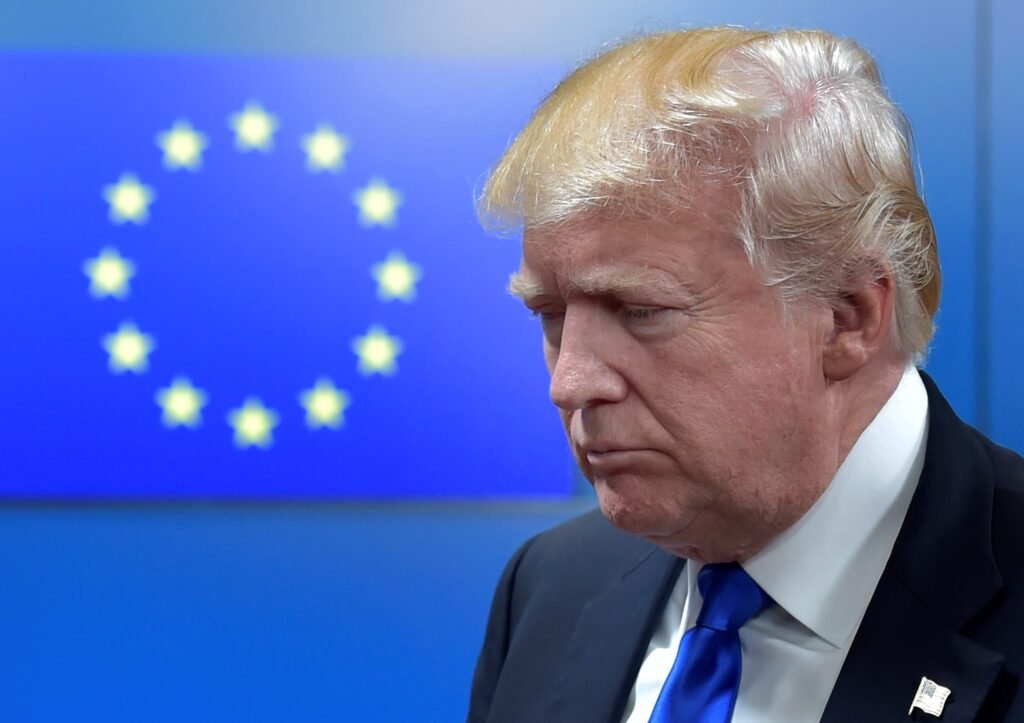
Trump’s New Doctrine: America First, Europe Last
Since the collapse of the Soviet Union, every U.S. president has sought to maintain American global hegemony. However, Trump acknowledges an unavoidable reality: the United States, while still the preeminent military power, can no longer dictate terms unilaterally. Instead, his administration is adopting a policy of retrenchment, prioritizing U.S. interests over maintaining a global policing role.
This approach has two key pillars:
- Economic Protectionism – Trump’s “America First” rhetoric is not just directed at China. His administration is preparing to implement sweeping tariffs on European goods, effectively shutting Europe out of its most lucrative market. This will force European producers to look elsewhere—potentially to China—for alternative buyers, further complicating EU-China relations.
- Geopolitical Realignment – Trump is signaling a clear departure from the traditional U.S. commitment to European security. By threatening to pull out of NATO unless European nations drastically increase military spending, he is forcing European leaders to consider defense strategies independent of Washington. This shift is causing deep anxiety in Brussels, Berlin, and Paris, as European leaders realize they may have to bear the full burden of their own security for the first time in decades.
While many commentators have dismissed Trump’s foreign policy as erratic, in reality, it reflects a calculated recognition that the U.S. cannot indefinitely sustain its Cold War-era commitments. In this regard, Trump’s approach is not irrational—it is brutally pragmatic.
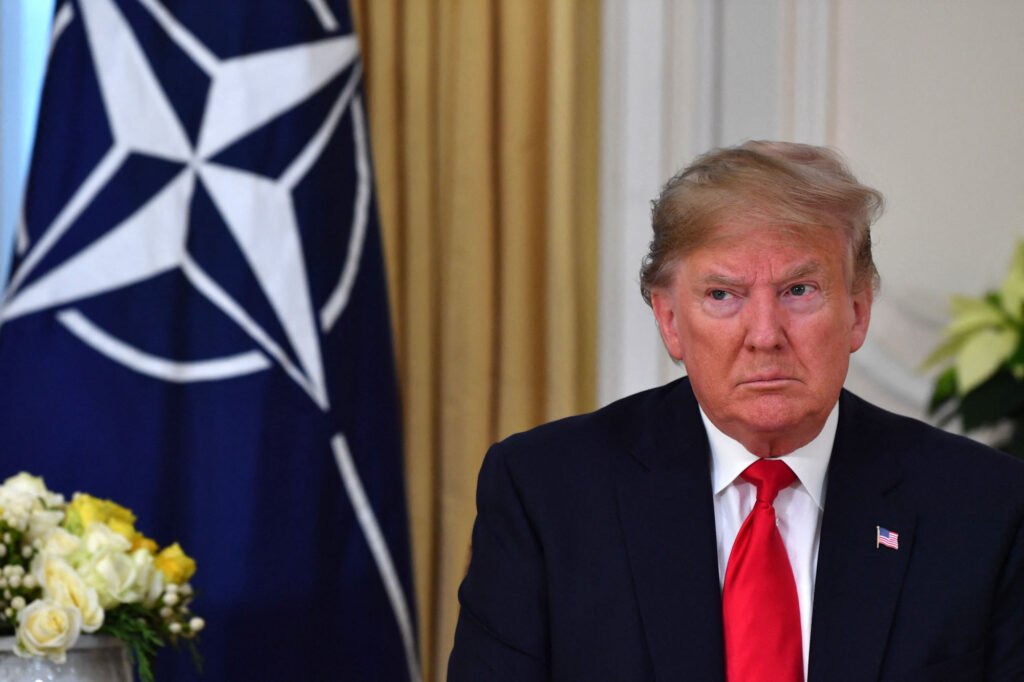
The Decline of NATO: An Alliance on the Brink
NATO has long been the cornerstone of European security, but Trump’s dismissive attitude toward the alliance has thrown its future into question. His assertion that the Ukraine war was provoked by NATO expansion and that the U.S. has no interest in continuing the conflict has sent shockwaves through European capitals.
Europe’s leaders were dragged into the war in Ukraine largely at the insistence of the Biden administration, only to find themselves bearing the brunt of its economic consequences. With Trump now signaling an end to U.S. involvement, Europe faces an impossible choice: continue the war at its own expense or negotiate a settlement with Russia that may leave Ukraine permanently weakened.
This dilemma raises existential questions for NATO. If the alliance’s leading military power no longer sees its primary security focus in Europe, can it survive? Trump’s view—that NATO is essentially a welfare program for European defense—poses an immediate challenge to the continent’s ruling elites. Without U.S. military support, European nations will be forced to dramatically increase defense spending at a time when their economies are already under strain.Trump’s relationship with European far-right movements further destabilizes the NATO consensus. His administration has openly courted nationalist, euroskeptic leaders across the continent. Figures like Marine Le Pen in France and Alternative for Germany (AfD) politicians now see Trump as an ally in their fight against the European Union, raising the prospect of a fractured European defense strategy.
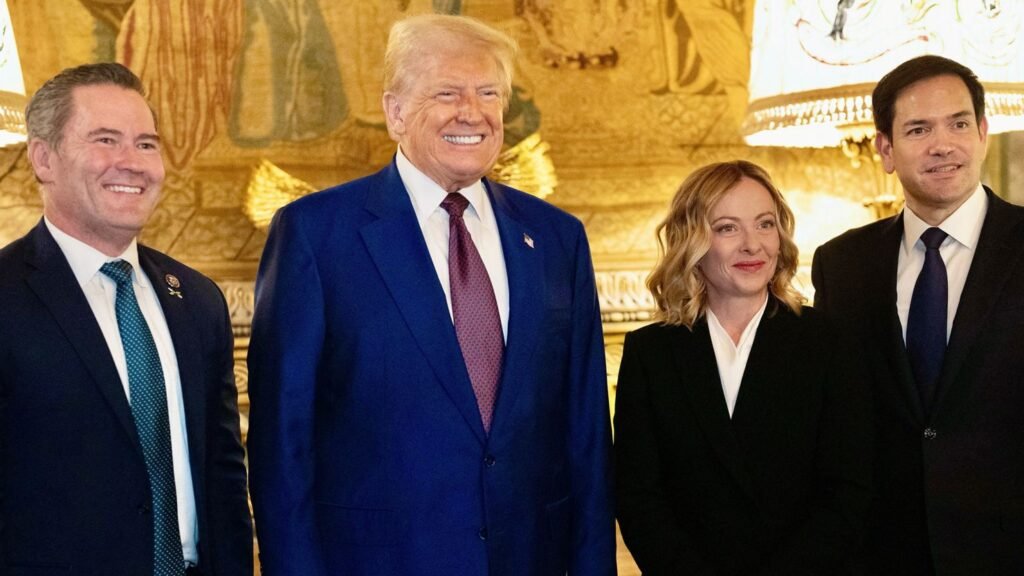
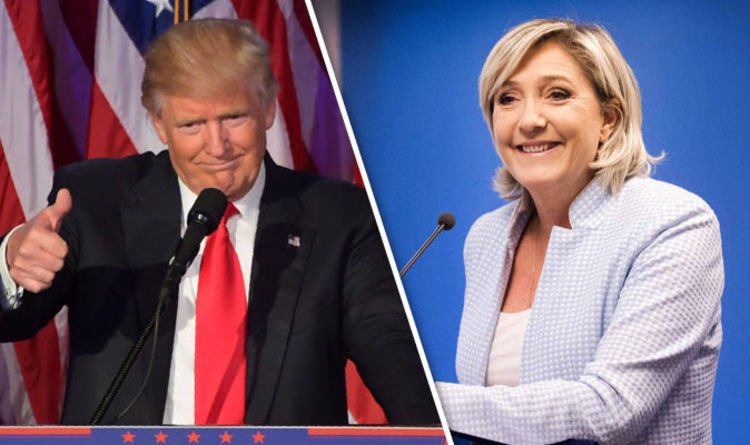
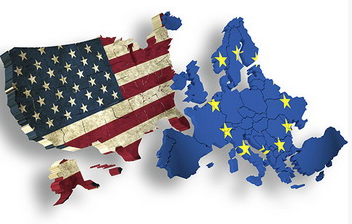
The European Union, initially formed as a response to the devastation of World War II, relied heavily on U.S. support for its economic and political stability. However, the underlying economic weaknesses of European capitalism are now being fully exposed.
Trump’s proposed trade war with Europe will exacerbate the region’s economic stagnation. European economies, already struggling with inflation and slow growth, now face a loss of access to the U.S. market. Meanwhile, China, the EU’s second-largest trading partner, is poised to flood European markets with cheap exports, further eroding European manufacturing competitiveness. Additionally, Europe’s energy crisis—triggered in part by the loss of Russian gas due to the Ukraine conflict—has left major industrial nations like Germany scrambling for alternatives.
With Trump pressuring European states to buy American liquefied natural gas (LNG) at significantly higher prices, divisions within the EU are widening. Some nations, like Poland and the Baltic states, are eager to align fully with Washington’s demands, while others, such as Germany and Austria, are quietly considering a return to Russian energy imports.
This economic fragmentation extends to internal EU politics. Far-right parties across Europe are gaining momentum, threatening the stability of centrist, pro-EU governments. From France to Italy to the Netherlands, nationalist leaders are using Trump’s anti-EU rhetoric as validation for their calls to dismantle or weaken European integration.
If these forces gain power, the EU itself could be at risk of disintegration, marking the most severe political crisis in the bloc’s history.
The Crisis of European Capitalism
The European capitalist model, long sustained by U.S. military protection and favorable trade relations, is now at a breaking point. The EU faces an unprecedented challenge: how to maintain economic stability, military security, and political cohesion without the full backing of the United States.
Key issues that threaten European stability include:
- Sovereign Debt Crises – Major economies like France and Italy are facing soaring deficits, making it nearly impossible to meet both NATO’s 5% military spending demand and domestic economic commitments.
- Diverging National Interests – With the U.S. no longer acting as a unifying force, European states are pursuing conflicting economic and geopolitical strategies, increasing the likelihood of fragmentation.
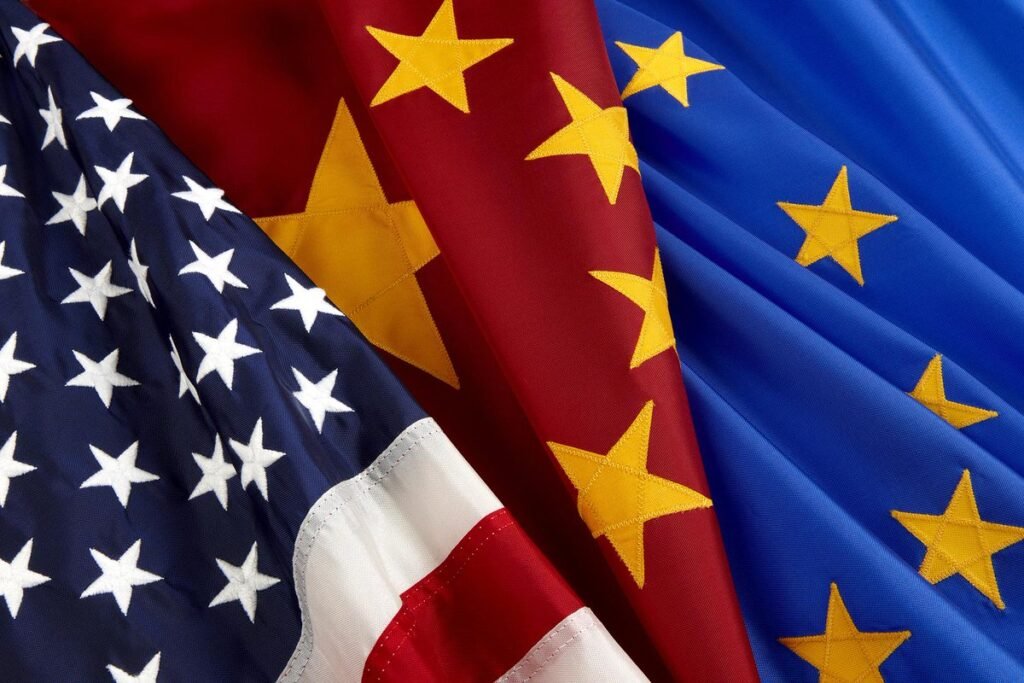
- Social Unrest – Widespread austerity measures, required to fund increased military spending and economic stimulus packages, risk igniting protests and political turmoil across the continent.
Some European leaders, like former Italian Prime Minister Mario Draghi, have called for massive state-led investment to create “European industrial champions” capable of competing with U.S. and Chinese corporations. However, this would require unprecedented levels of cooperation among EU states—cooperation that is unlikely given the current political climate.
Similarly, NATO Secretary-General Mark Rutte has called on European nations to double their defense spending to prepare for a future without U.S. support. However, with many EU states already struggling with high debt, the economic feasibility of such measures is doubtful.
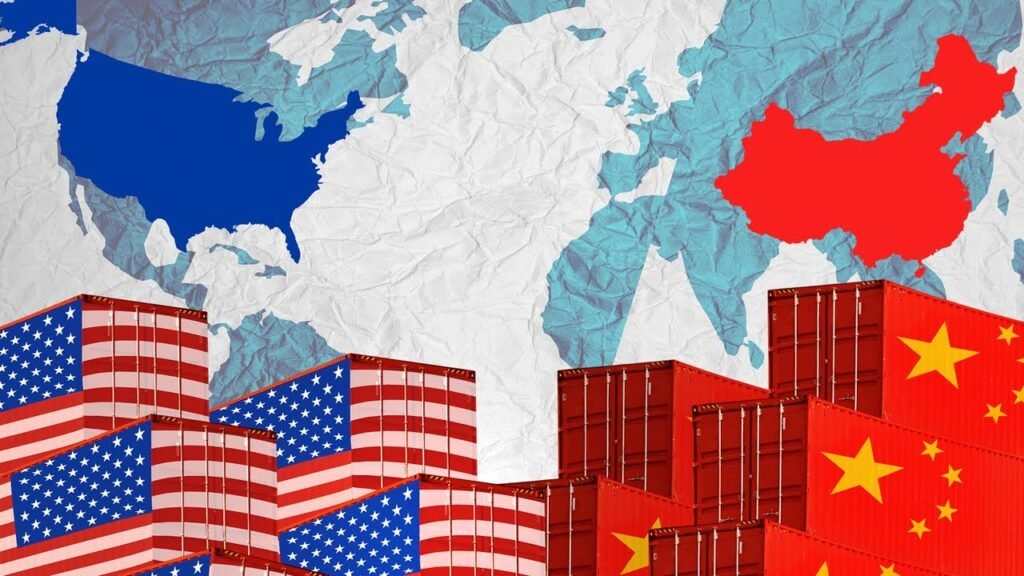
Trump’s foreign policy marks the end of Europe’s post-war reliance on the United States. While some European leaders still hope for a return to traditional transatlantic relations, the reality is that the U.S. is shifting its focus away from Europe toward the Pacific and other regions of strategic interest.
This shift presents an existential crisis for Europe. Without U.S. backing, the continent faces economic decline, political fragmentation, and military insecurity. The challenge for European leaders is to either forge a new, independent path—one that prioritizes economic self-sufficiency and military autonomy—or risk sliding into irrelevance on the global stage.
The road ahead is uncertain. What is clear, however, is that Europe’s era of comfortable dependence on U.S. imperialism is over. Whether the continent can adapt to this new reality remains to be seen.

